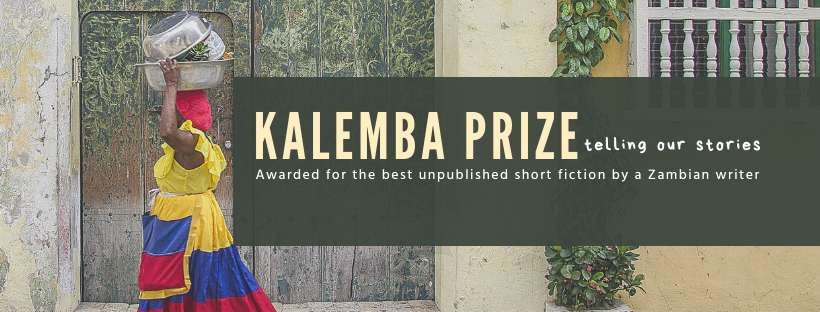- 107 – Noah Siwale
- A choice of the Gods – Beard Mwanza Jr
- A pale storm – Mutale Mubanga
- A Promise to Keep – Leanet kamizhi
- A silent cry – Chowa Chikumbi
- After the storm – Otensia Kapinga
- Amulets – Moreblessings Gondwe
- Behind the suicide – Joseph Sakala
- Bwela – Karen Bwalya
- Chapters – Nancy Mubanga
- Chibanda – Masiyaleti Mbewe
- Conflicted – Syivia Mbewe
- Daze – Mukuka Nkunde
- Dear Lucy – Mikha Mweetwa
- Deathbed lessons for black skin – Mwlwa Mushibwe Ntanisha
- Fate or mere coincidence – Ireen Sangwa
- Hidden stories – Taonga Nikiwe Thole
- How it feels to fly – Wankunda Mphuka
- If it aint broke – Rhodasi Mwale
- Ignis Fatuus – Mbambo Sianga
- I will keep you safe – Vanessa Nakayange
- Ingrained Memories – Anna Mbu
- Irresistible lake – Kelvin Sakala
- Junta or Divorce – Samuel Zimba
- Kunsha’s last steal – Ian Membe
- Lost in heaven – Chishimba Malisawa
- Misozi – Ireen Chikatula
- Shield of lana – Peter Mbulo
- Shipikisya club – Kateule Chabala
- The In-between place – Lucy Zulu Simuzingili
- The kind man and the little girl – George Chilala
- The Lusaka hotel – Mthuzi Mkandawire
- The magnificent clay pot – Mercy Zulu-Hume
- The mine captain’s story – John Zulu
- This side of the blanket – Nawa Sitali
- Two steps – Natalie Simpamba
- Watershed – Fiske Nyirongo
- With love from a dying heart – Joe Nyirenda
- Where from here – Peter Nawa
Kalemba Prize open for entries
Kalemba Prize for the 2020 Short Story is open for submissions until 20 March, 2020.
Online Submission form
Note: Please read the Entry & Eligibility Rules carefully.
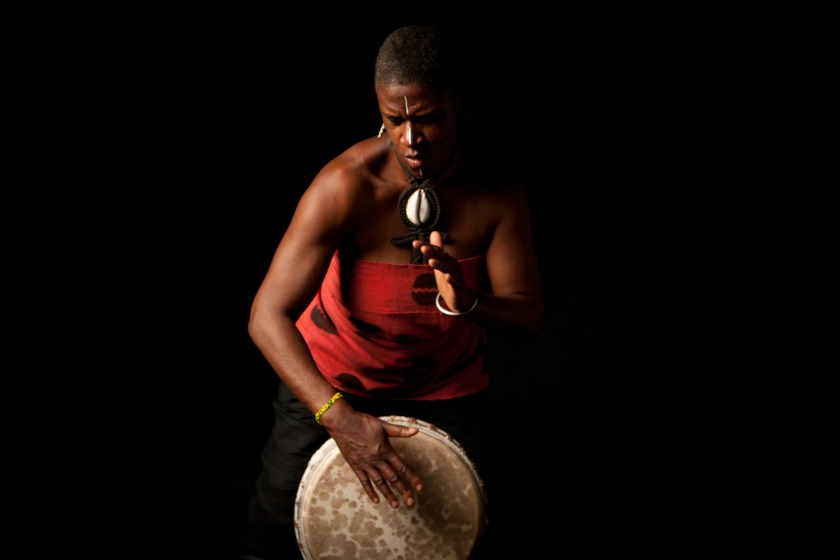
2020 Kalemba Eligibility & Entry Rules
2020 Kalemba Short Story Prize – KSSP 20
Please read these eligibility and entry rules before submitting your story.
Opening date
20 January – 20 March 2020
Entries submitted after March 2020 will not be considered.
About the Prize
- The Kalemba Short Story Prize is an annual award for unpublished short fiction administered and funded by Ukusefya WORDS.
- The prize is open to Zambian nationals only, including those resident outside Zambia.
- The judging panel comprise authors, publishers and editors.
- The winner will receive USD1000.
- The winner will be announced in August 2020
Rules & Eligibility - Entrants must be Zambian citizens
- Entries must be made by the writer.
- Entries are accepted via online form
- The deadline for receipt of entries is STRICTLY March 20, 2020
- Only one entry per writer may be submitted for the 2020 KSSP
- The story must be the entrant’s own work.
- The story must be original and should not have been published anywhere in full or in part before
- August 2020 including in an anthology, magazine, book, newspaper and online.
- Entries previously submitted elsewhere are not eligible.
- Entries should be submitted in English. Entries in a Zambian language are only eligible with English translation submitted by the writer.
- Entries must be between 2000-5000 words. (Entries exceeding word limit will automatically be disqualified.
- Entries should be submitted in a PDF or Word document, preferably PDF, saved under title of the story.
- The author’s details should be included on the entry form. They must not be given anywhere on the uploaded document. All entries are judged anonymously.
- All entries should be submitted in Arial 11-point font and 1.5 line spacing. No handwritten entries. Include the title of the story on the manuscript.
- The story should be fiction. There are no restrictions on setting, genre or theme.
- Entrants agree as a condition of entry that Ukusefya WORDS may publicise a story that has been entered or shortlisted for the Prize.
- Copyright of each story remains with the writer. Ukusefya WORDS will have the unrestricted right to publish the winning or any stories including for promotional purposes.
- The winner will be expected to take part in publicity activities.
- For any queries on entry or eligibility not covered above, please email info@ukusefya.com for clarification before submitting an entry. Frivolous queries, including on what is already covered in eligibility and rules will attract NO response.
You can download the guidelines >> HERE
Mubanga Kalimamukwento wins 2019 Kalemba Prize
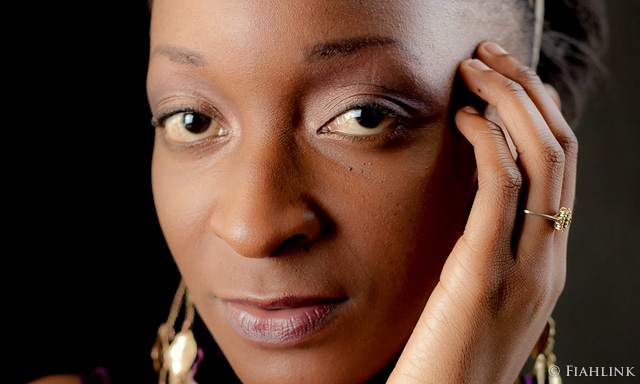
Mubanga Kalimamukwento is the winner of the 2019 Kalemba Short Story Prize for her short story, Inswa.
The Chair of the 2019 Kalemba Judging panel, Nigerian writer and professor of English, Ainehi Edoro, announced Kalimamukwento, as the winner of the USD1000 prize awarded to the best work of original and unpublished short fiction written in English by a Zambian writer.
Narrated in the first person, ‘Inswa’ is a coming of age story of a teen protagonist initiated into sexual awakening by her best friend, Wongani, while being pushed into premature adulthood by her parents.
Edoro praised the story as resonant and gripping “The author’s exploration of desire is nuanced, the prose is precise, but evocative. The writer captures the intensity and range of emotions that make such intimacies feel true and valid even in worlds where they are perceived as transgressive.”
Kalimamukwento is a lawyer and writer whose first novel, The Mourning Bird, won the 2019 Dinaane Debut Fiction Award. Her creative nonfiction and short stories have appeared in or are forthcoming in The Advocates for Human Rights Minnesota (USA), The Dreamers Creative Writing Magazine (Canada), Two Sisters Writing and Publishing (USA), The Eunoia Review (Singapore), The Best of Africa Magazine (Zambia), The Airgonaut (USA), SyncityNG (Nigeria), The Menteur (France), The Mark Literary Review (USA) and Overland (Australia).
“I’ve always been an avid reader of mostly African Literature, and my work is informed greatly by what I absorb. I especially love Ellen Banda-Aaku, NoViolet Bulawayo, Chimamanda Ngozi Adichie, Kopano Matlwa, Lesley Nneka Arimah, Panashe Chigumadzi, and Tsitsi Dangarembga” says Kalimamukwento, a native of Luanshya Town, and the 2018/2019 Hubert Humphrey Fellow.
Other top and shortlisted writers are Jumani Clarke, Binary; Fiske Nyirongo, Pain By Any Other Name; Lucy Zulu Simuzingili, The Masks; Lydia Ngoma, All To Love; and Mirriam Lusambo, Career Battle.
The Kalemba Prize, in its second year, is a home-grown initiative celebrating Zambian writing. It is funded and administered by Ukusefya WORDS, publishers of the national bestselling book, Insoselo na Mapinda, a collection of more than 700 Bemba proverbs and their meanings translated in English.
The judging panel was constituted by author, Mulenga Kapwepwe, Award winning Poet, Kayo Chingoyi, Sunday Times Editor, Austin Kaluba and Chaired by Edoro.
The 2020 Kalemba Prize will open later this year. Join us on Twitter @KalembaPrize
2019 Kalemba Shortlist
The short-list for the 2019 Kalemba Prize has been announced by the Chair of Judges, writer and Professor of English, Ainehi Edoro.
Edoro described the six short-listed stories as “dramatic, exciting, resonant and evocative,” woven around the subjects of love, resistance, loss and survival.
The winning author will be announced on 17 June, and will receive a $1,000 prize for their piece of short fiction.
The short-list was decided by a panel of judges, who included Kayo Chingoyi, Austin Kaluba, Mulenga Kapwepwe and Ainehi Edoro.
The six final entries are:
The Masks – Lucy Zulu Simuzingili
All To love – Lydia Ngoma
Pain By Any Other Name – Fiske Nyirongo
Inswa – Mubanga Kalimamukwento
Binary – Jumani Clarke
Career Battle – Mirriam Lusambo

Announcing the 2019 Kalemba Short Story Prize Long-list
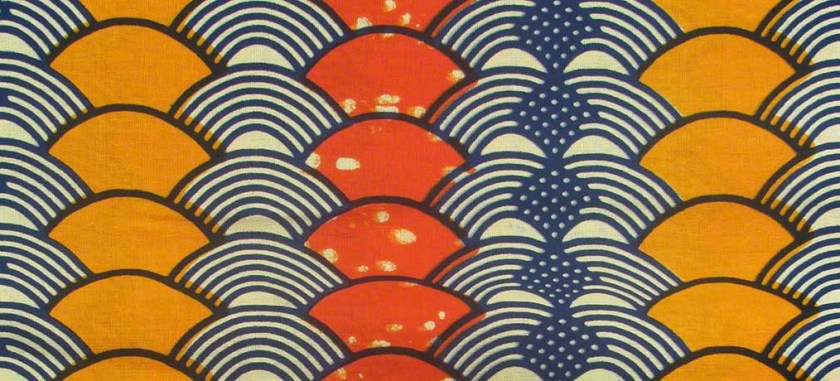
The following entries have made the long-list, congratulations.
Thank you to all the entrants. The short story form is often underestimated but is one of the most difficult to write. Unlike the long form, it is an emotional experience delivered straight to the vein, they say. In the coming weeks, we will give general feedback on why so many potentially good stories fell short.
1. Watching Trees – Petros Mwanza
2. Munkoyo – Mazuba Kapambwe
3. Vapour Man – James Shimwitwa
4. The Masks – Lucy Zulu Simuzingili
5. Inswa – Mubanga Kalimamukwento
6. Once Upon a loyalty – Ben Sipo Mulilanduba
7. The Chitenge – Wongani Ngulube
8. The Red Skuna – Chikondi Chiti
9. All To love – Lydia Ngoma
10. The Portrait – Olivia Banda
11. A splitting of the Mind – Vanessa Matanda
12. Love is Sad at a Cemetery – Ingrid Nayame
13. The Longest Monday – Natalie Yabalwashi
14. Almost There – Chimwemwe Charity Jere
15. The People That Wear Masks – Mutinta Nanchengwa
16. Kintsugi – Joy Lubinda
17. Manenekela – Kanyanta Sinyangwe
18. The Night of Alexandria – Kondwani Simwaba
19. The City – Kabwe Mwenya
20. Happy Father’s Day – Marjory Moono Simuyuni
21. Neti-The Talking Cocroach Elopes Dijo-The Village Hoodlum – Dominic Mbewe
22. We Need New Relatives- Chanda Chongo
23. Not Again – Sampa Musaba
24. Pain by Any Other Name – Fiske Nyirongo
25. Binary – Jumani Clarke
26. Bioiscope – Jacob M’hango
27. Disconsolate – Natasha Kasoma
28. Dead-End Dead-Lock – Mwanamuke Nawa
29. Career Battle – Mirriam Lusambo
30. Wild for the Valiant – Frank Mubanga
31. Ninety Days – Kateule Chabala
32. Funeral of a God – Milan Sichinga
Follow us on Twitter @kalembaPrize
Extending submission date by one day following glitch of 15 Dec
There was an unexpected system failure affecting the online submission form on the closing date of the 2019 KSSP.
What we initially took as a minor glitch affecting a couple of entrants was in fact a major one such that not a single entry was accepted on the above date. We have examined the online form, including the values — date, time — entered just in case of an error, but none has been found. We are therefore mystified as to what exactly happened.
Our deepest apologies.
We will continue to pursue excellence for the Prize including giving all potential entrants a fair chance to participate.
As such, we will extend the deadline by 24 hours, from Tuesday 18 Dec 06h00 to Wednesday 19 Dec 06h00.

A funny, colourful & relatable encounter

Brief encounters by Jonas Lumbila is a beautiful, funny and colorful short-story from the 2018 Kalemba top 12.
Any Zambian woman who has ever bought Salaula can relate to this dramatic and funny encounter. Download Brief Encounters here
Millie, 22, her face was light, while her hands could not match up her facial shade. She had applied way more than enough make up, which in no time would become a pot of mud if those showers kept falling on her. She was clad in a Gucci colored top, for the record it read “Guccci”.
Namakau, 35, was tall and had a good dark shade of skin. She was clad in a black and white dotted jacket, with white pants, and black Nine West heels, her head was dawned with refined Brazilian hair. Namakau an accounts assistant at one the cities leading firms was the epitome of the new age Zambian woman, for now though her eyes were focused on her newfound competition. Download Brief Encounters here
Call for entries
The Kalemba Prize for the 2019 Short Story is open for submissions until
15 December, 2018
Submit your Online ENTRY Here
Note: Please read the Entry Rules and Eligibility
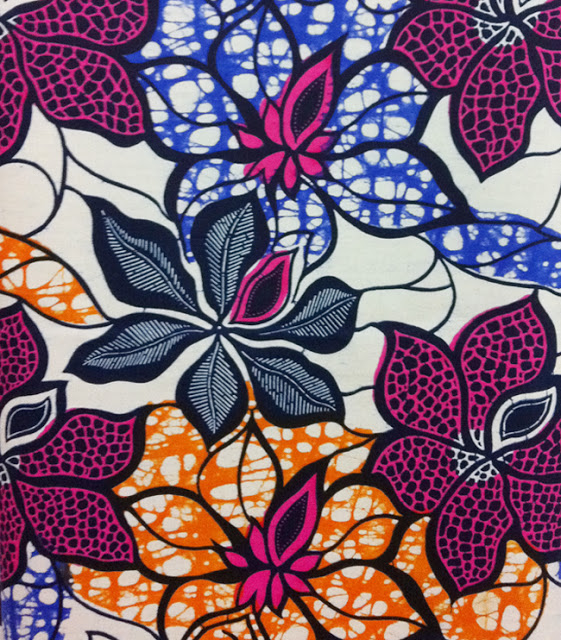
2019 Kalemba Eligibility & entry rules
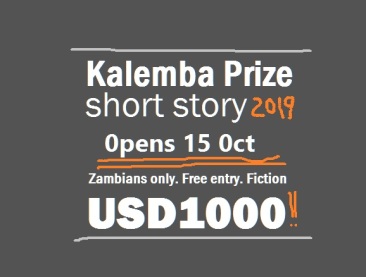
Please read eligibility and entry rules carefully
Opening date
15 October – 15 December 2018
Note: All entries are through this online form which will be activated on 15 Oct & automatically deactivated on 15 Dec.
About the Prize
- The Kalemba Short Story Prize is an annual award for unpublished short fiction administered and funded by Ukusefya WORDS.
- The prize is open to Zambian nationals only, including those living outside Zambia.
- The judging panel comprise authors, publishers and editors.
- The winner will receive USD1000.
- The winner will be announced in May 2019 at a ceremony in Lusaka.Eligibility
- Entrants must be Zambian citizens (including those resident outside Zambia)Entry rules
- Entries must be made by the writer.
- Entries are accepted via online form
- The deadline for receipt of entries is STRICTLY 15 December 2018.
- Only one entry per writer may be submitted for the 2019 KSSP
- The story must be the entrant’s own work.
- The story must be original and should not have been published anywhere in full or in part before 1 May 2019 including in an anthology, magazine, book, newspaper and online.
- Entries previously submitted elsewhere are not eligible.
- Entries should be submitted in English. Entries in a Zambian language are only eligible with English translation submitted by the writer.
- Entries must be between 2000-5000 words. (Entries exceeding word limit will automatically be disqualified.
- Entries should be submitted in a PDF or Word document, preferably PDF, saved under title of the story.
- The author’s details should be included on the entry form. They must not be given anywhere on the uploaded document. All entries are judged anonymously.
- All entries should be submitted in Arial 11 point font and 1.5 line spacing. No handwritten entries.
- The story should be fiction. There are no restrictions on setting, genre or theme.
- Entrants agree as a condition of entry that Ukusefya WORDS may publicise a story that has been entered or shortlisted for the Prize.
- Copyright of each story remains with the writer. Ukusefya WORDS will have the unrestricted right to publish the winning or any stories including for promotional purposes.
- The winner will be expected to take part in publicity activities.
- For any queries on entry or eligibility not covered above, please email info@ukusefya.com for clarification before submitting an entry. Frivolous queries, including on what is already covered in eligibility and rules will attract NO response.
You can download the guidelines HERE
